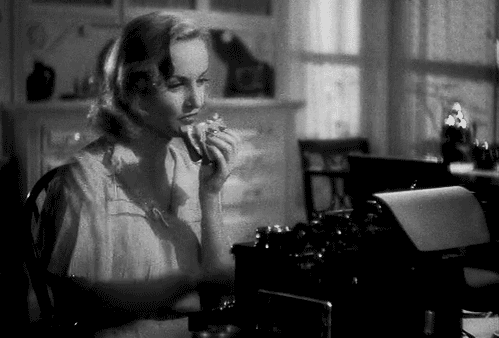
You know that feeling when your mind is overflowing with thoughts, but no words come out? When you want to talk, but it feels like no one would truly get it? Yeah, been there. Some days, opening up felt impossible, and I carried the weight of my emotions like an overpacked suitcase—heavy, exhausting, and about to burst.
That’s where writing saved me. It became my personal escape, my secret hideaway. No awkward conversations, no worrying about being misunderstood—just me, my thoughts, and a blank page that never judged. Writing didn’t just help me vent; it helped me understand myself. It was like having a heart-to-heart with my own mind, sorting through the chaos one word at a time.
And the more I wrote, the more I realized—this wasn’t just an outlet. It was a lifeline. A way to heal, to process, and to turn my tangled emotions into something meaningful.
How Writing Helped Me Understand Myself
At first, writing felt like staring at a stubbornly blank page, my mind tangled in thoughts I couldn’t quite put into words. I struggled, second-guessed myself, and sometimes felt like I was just repeating the same worries over and over.
And then, something shifted.
With each page I filled, I started noticing patterns—what triggered my anxiety, what lifted my mood, and what I kept clinging to when I should have let go. Writing became a way to untangle the mess in my mind, transforming chaos into clarity. The more I wrote, the lighter I felt, as if each word helped me release what had been weighing me down.
Writing as a Tool for Mental Well-Being
Writing didn’t just help me understand myself—it also became a way to take care of my mental well-being and each form of writing played a role in helping me process emotions in a healthier way.
✍️ Journaling for Anxiety Relief
When my thoughts start spiralling, I turn to my journal. I write down what’s weighing on me, but I also make space for gratitude, small wins, and moments of joy. This simple habit shifts my focus from worries to the good in my life, reminding me that even on tough days, there’s always something worth holding onto.
📖 Poetry as Emotional Expression
Some emotions are too heavy to explain, too tangled to say out loud—but in poetry, they find a rhythm. Writing poetry became my way of translating emotions into something tangible, something beautiful. It’s like turning pain into art, making it easier to understand and release.
💡 Finding Purpose Through Words
One of the most rewarding things about writing is realizing that my words don’t just help me—they help others too. When I share my writing, people often tell me they relate to what I wrote, and that my words brought them clarity or comfort in their own struggles. Knowing that my experiences can make someone else feel less alone is one of the most powerful reasons I continue to write.
Of course, writing alone isn’t a cure-all for mental health struggles. Seeking professional help is always important if you’re struggling. But as a companion to therapy or self-care, writing can be a powerful tool—one that offers clarity, comfort, and a safe space for healing.
Want to Try Writing for Mental Health? Here’s How to Start:
📝 Find Your Space: Choose a quiet, comfortable spot where you can write without distractions. Music can help set the mood if it makes you feel more at ease.
🖋 Try Free Writing: Set a timer for 5-10 minutes and just write whatever comes to mind. Don’t worry about structure, grammar, or making it sound perfect—just let your thoughts flow.
📚 Experiment with Different Styles: Whether it’s journaling, poetry, storytelling, or even writing letters to yourself, explore different ways to express yourself.
💖 Let Go of Perfection: Writing isn’t about being perfect. It’s about being honest with yourself. Don’t overthink it—just write from the heart.
Final Thoughts
If there’s one thing I’ve learned, it’s that you are never as alone as you feel. Writing has taught me that emotions aren’t meant to be buried—they’re meant to be understood. And sometimes, the best way to make sense of them is to let them spill onto the page.
So, whether you’re typing away on a laptop or scribbling in a notebook, give writing a chance. Start with just one sentence, one thought—no rules, no pressure. Let your words flow freely, and you might just discover a part of yourself you never knew was waiting to be heard.
With love, Hani ❤️





